Recently this article was published and it got me thinking: what is wrong with our government? The person in question was found guilty of tax evasion for working with a prostitution company in the 1980's. Who in their right mind would believe that people would openly and willingly admit that they are earning money illegally and that they should pay their taxes on it? The whole point about doing illegal activities is to make more money in a shorter amount of time. Things like drug or weapon selling, money laundering, and prostitution do not typically show up on income tax papers. The person in this article was found by a judge to have evaded tax and is required to pay back all that is owed, including penalties.
Low-Income and Poverty
Communities and countries worldwide face the harsh realities of low incomes due to low employment, tough economies, and unsteady world markets. It becomes a struggle to provide themselves and their families with basic needs like food and a sense of community in an unforgiving world. People affected by these factors range in numbers, race, and language, proving that hunger is a universal enemy.
Low-income is a term used to describe a person or family that makes less than the provincial or federal cut-off dependent upon the region. For example, in 2010, if a single person made under $23, 298 before tax with a 1992 base (using the purchasing power of a dollar from 1992), they would be eligible for various tax breaks and benefits. However, these tax breaks do not always provide what is needed for each person, leaving many people not able to afford food after spending their money on things like housing, electricity, and transportation.
If we take Canada alone, 13.8 percent of people nation-wide were considered low-income in 2012. While rates have been shown to be shrinking since 2010, where it was at 14.9, the numbers still prove that there are almost 5 million Canadians who go to work, school, or bed with an empty stomach.
As an example, currently Notre-Dame-de-Grâce (NDG) has 25% of its residents living below the poverty line, while 26% of families living on less than $20000 per year. The borough is in need of help to curb this unfortunate hindrance.
Thankfully, there are organizations that help these struggling communities. The Montreal suburb of NDG has the perfect example of one such organization; the NDG Food Depot.
The idea here is to explain how to create and promote something controversial or viral for social media and news outlets.
People have a tendency to focus on the bad or controversial over the good or normal. Whenever someone introduces something that does not necessarily follow the norm, focus is placed heavily on the actions of that individual. So, when someone says or does something like that, it spreads primarily through social media like wildfire; this is known as being viral. With the amount of social media sites and readily available and easily accessible technology, people can almost begin to see or read said controversy the moment it happens. To illustrate this idea, this set will explain the process and demonstrate an example at the same time.
WARNING: If you do not wish to possibly be ridiculed, insulted, or recieve negative feedback, do not read this article.
The La Belle Province restaurant sign.
A.K. is a Greek Canadian from Montreal, Quebec. Now 50-years old, he has been part-owner of his fast-food restaurant for over 15 years. His work is his passion, and through this he has met all kinds of people and seen all kinds of things. I delve deeper to find more about his past and his particular views on government and law over scotch.
Corruption will always exist in the world, no matter the subject or area. As kids we may be exposed to it early on, as we perceive one or both parents favouring a sibling over another, or a teacher favouring a student. We deem corruption unfair or hazardous to our well-being; but what if it isn't? What if a little corruption would be able to help keep you afloat or on equal ground with a competitor? What if laws or rules worked not in your favour, but in those that are more than capable of sustaining their livelihood? This is what I wish to investigate through my profile of Mr. A.K., someone who has experienced this first hand.
To begin with, I would like to say that I am not a confrontational person, nor am I hard to get along with. This may seem counter-intuitive towards what my topic of choice is, considering it involves Montreal's complete separation from Quebec. Throughout my life the whole political aspirations of Quebec have affected, which is why I am advocating for Montreal and the Greater-Montreal areas to the border of Ontario to separate from Quebec, becoming the 11th province in Canada. Why this strikes home to me so much is because of how the Quebec separation attempts have affect me and my family, as well as many other people I know. But for the sake of the autobiography, I'll just stick to me.
When I was five-years old, I had my first taste of what sovereignty was and how it affects the population. My family and I were living on the South Shore, my father and mother both working in downtown Montreal. The neighbourhood we lived in was primarily Francophone (a word invented in Quebec to identify the French-speaking population; other created words include Anglophone (English) and Allophone (neither)) but we all got by with our basic French. One of my sisters spoke more French than English, something she had a hard time with later on. In 1993, there was a huge debate about separation and sovereignty, as the PQ government pushed the idea heavily. With all this fear, companies and the population were afraid of what would happen. This is where it affected me, as the company my father worked for was afraid of separation, and being a predominately English company he was transferred to their head office in Toronto. As you could imagine, at the time I knew nothing of why we were moving, only that my life was going through a change that I did not want to go through.
Bravo, to my fellow Quebecers for overthrowing a government that has misrepresented and disrespected the values of its citizens. On April 7th 2014 Quebecers once again decided that the queen was doing an awful job. And so, in typical fashion--off with her head! By "queen" I'm referring to Quebec's fallen Premier Pauline Marois.
Have you ever wanted to lose an election?
Does a bad campaign excite you?
Here are eight ways that can guarantee that you will lose an election.
The wild circus that once was Canadian politics returned last year, and did so in full throttle. There seemed to be no shortage of stereotypically Canadian predicaments. Oy.
Sure, we didn't start a war or anything-- but we did have some reasonably uninspiring moments. After all, who could overlook the unearthing of widespread corruption in Quebec demonstrated through proceedings of Charbonneau Commission; or the clandestine workings of politicians and lobbying groups who pushed for the development of the Keystone project? This of course, does not even compare to infamy of Toronto's mayor Rob Ford who was exposed in a humiliating crack scandal (poor guy).
Ah yes, 2013-2014 has been a true lollapalooza!
But of course, every circus needs its ringleaders. Indeed, at the forefront of our Canadian melodramas were our tried-and-true politicians. Double oy.

Image of Trans Canada Keystone Pipeline
By shannonpatrick17
Campaign season is upon us. Not that it ever truly stops, but Canadians can expect 2014 to brandish no shortage of finely tuned marketing mechanisms, rhetorically structured PR events and attack advertisements. Gradually, politicians assert that they are less concerned with polarizing topics and more concerned about answering what the public wants. Moving away from ideology is a step in the right direction. Indeed, our needs seem to be addressed, at least ostensibly. Still, in an increasingly nonpartisan oriented system, questions that once concerned the everyday citizen may be glossed over.
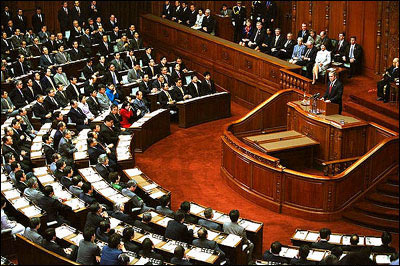
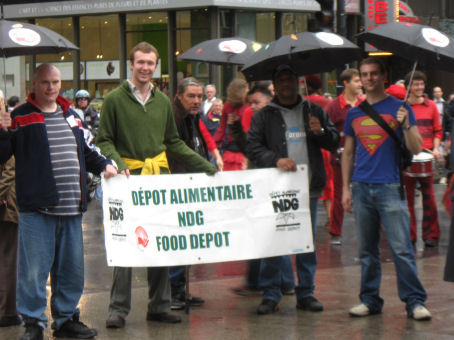

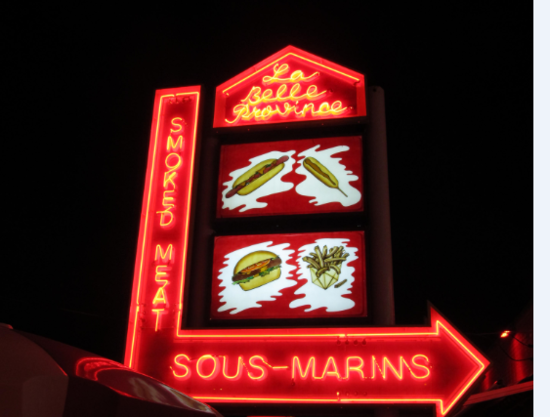
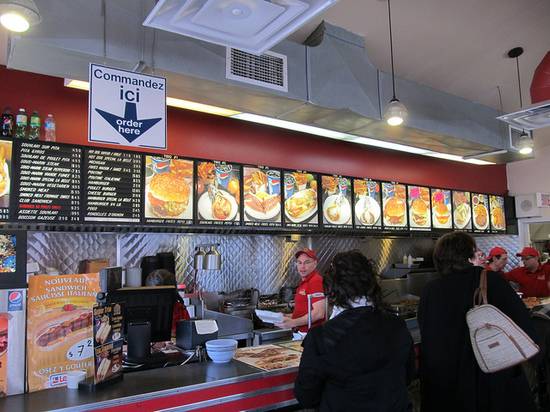

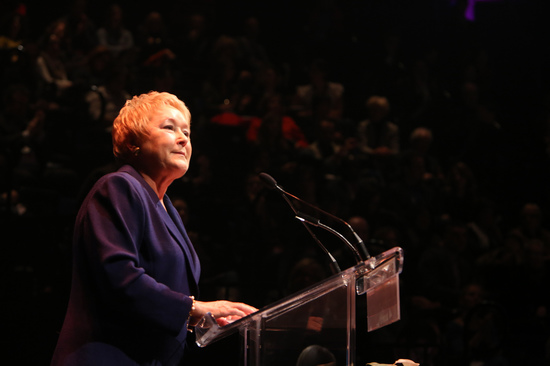
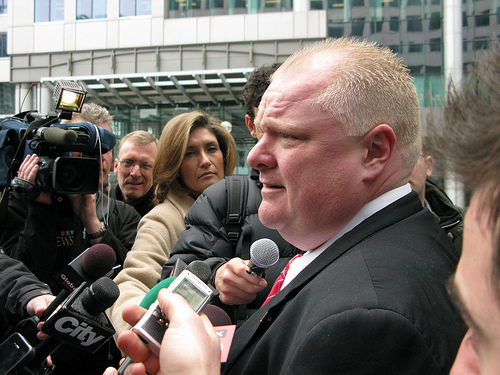
Recent Comments